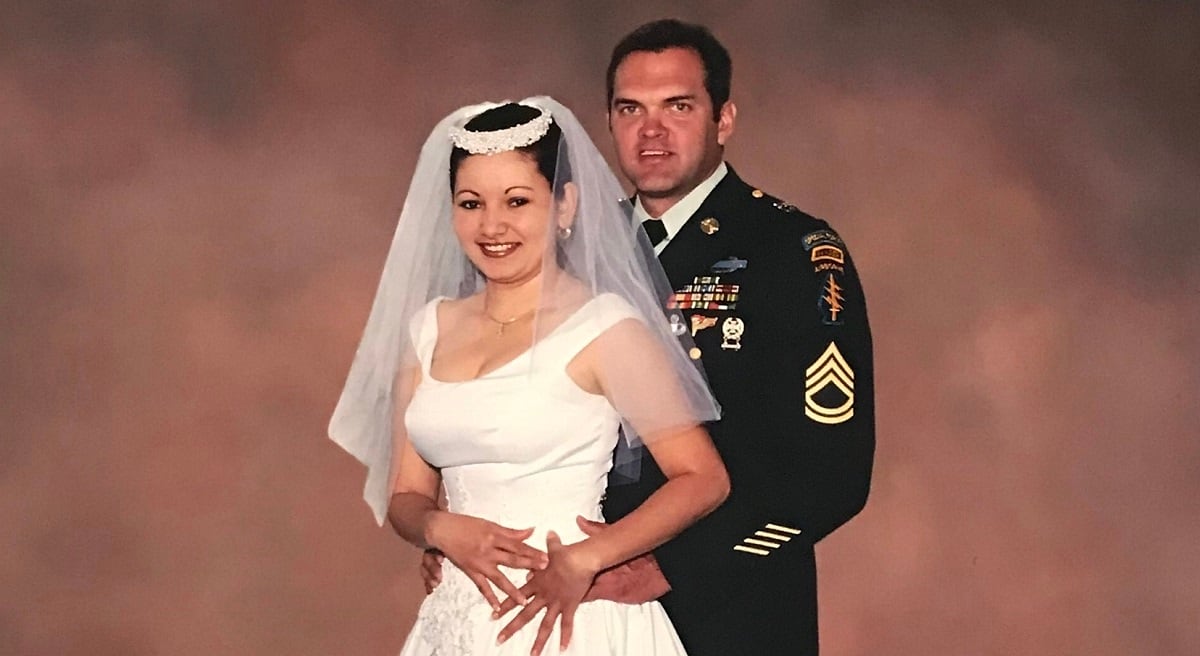Defense Secretary Jim Mattis said he would need to look into reports of military spouses facing deportation and whether or not there may be additional protections for them.
In February Mattis told reporters that he had reached an agreement with the Department of Homeland Security to ensure that active duty forces, Reserve, Guard and honorably discharged veterans who are under the government’s Deferred Action for Childhood Arrivals program would be protected from deportation ― barring any standing court order or serious felony conviction. The DACA program has not been renewed by Congress, and President Donald Trump has expressed his desire to terminate the program.
“It still stands what I said, absent any kind of criminal conviction, any active duty, active reservist, delayed entry program” under DACA is still protected, Mattis said Tuesday during an impromptu 30-minute press briefing with Pentagon reporters.
But on whether those protections would be extended to spouses, he did not know.
“I’ll have to check on that and get back to you,” Mattis said.
RELATED

In the past month, Military Times has been contacted by numerous military families, both active duty and veteran, whose undocumented spouses or dependents are facing possible deportation.
Some service members spoke about the stress of deploying when they feared that immigration would deport their spouses while they were away. Others spoke of spouses who had already been forced to leave, where the family now lives outside the U.S.
Most of all, they want to know whether the protections outlined by Mattis could be extended to their families.
It was not clear when Mattis would check on the issue.
Tara Copp is a Pentagon correspondent for the Associated Press. She was previously Pentagon bureau chief for Sightline Media Group.





